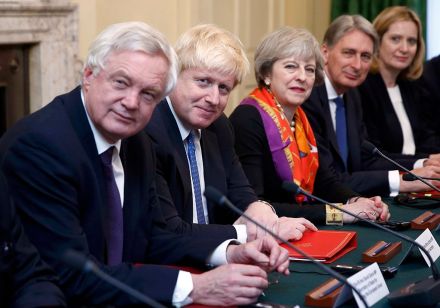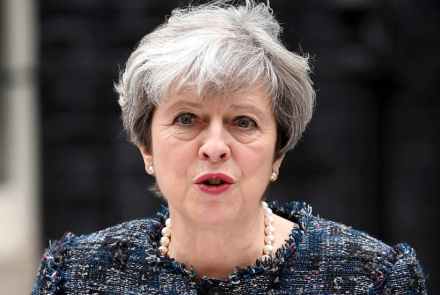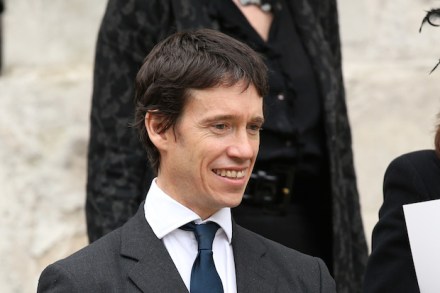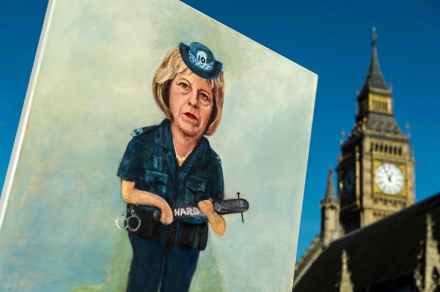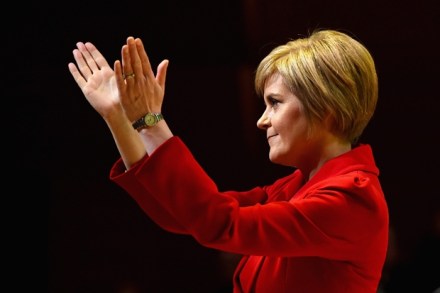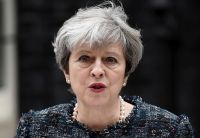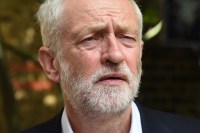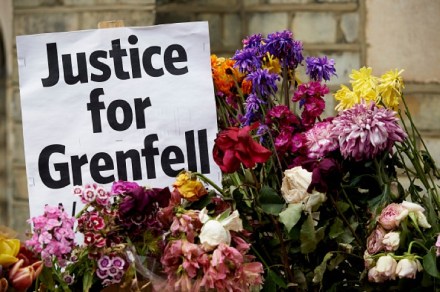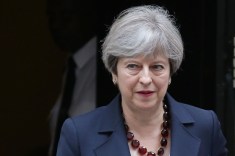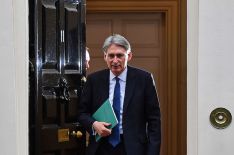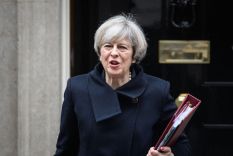Brexit is a retreat – not a liberation
It is a mark of Britain’s estrangement from the European Union – and, at least for now, the country’s diminished standing on the international stage – that although Theresa May attended a memorial service to Helmut Kohl at the weekend, she was not invited to speak. Of course there are hierarchies of closeness on such occasions, but there is something piercing about the manner in which what this country, and its leaders, have to say now has so little resonance. Kohl’s death should have occasioned more commentary in this country than it has. By any reasonable estimation, he was a titan of modern European history. The picture of Kohl holding




